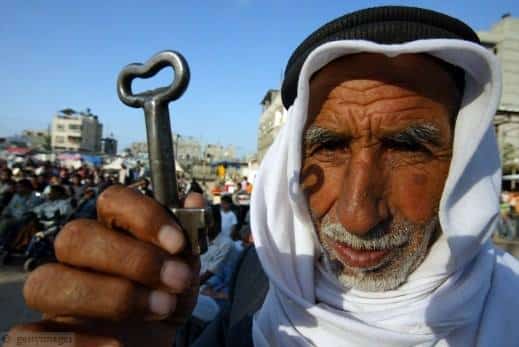Dumbass Pestilinians uprooted themselves, as renowned Arab scholar Fouad Ajami has written. Good for them!
“The UN vote in 1947 was Israel’s title to statehood. Palestinians and Arab powers chose the path of war. Their choice was calamitous. Palestine became a great Arab shame. Few Arabs were willing to tell the story truthfully, to face its harsh verdict”
The U.N. Can't Deliver a Palestinian State
“The UN vote in 1947 was Israel’s title to statehood. Palestinians and Arab powers chose the path of war. Their choice was calamitous. Palestine became a great Arab shame. Few Arabs were willing to tell the story truthfully, to face its harsh verdict”
The U.N. Can't Deliver a Palestinian State
